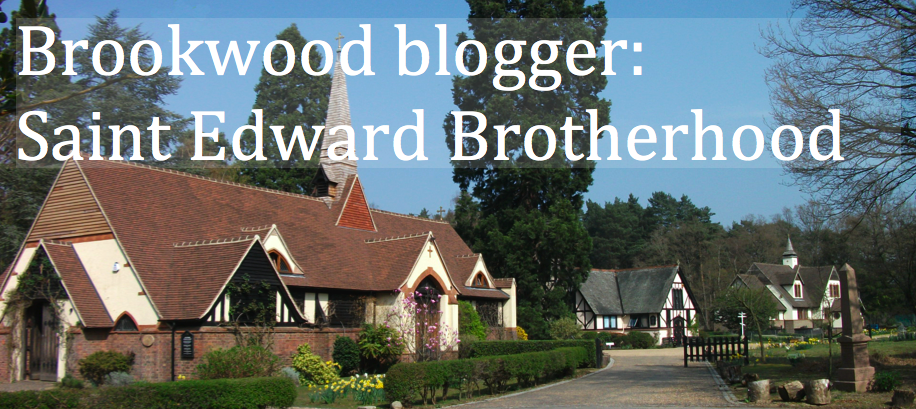An Instruction on Thomas Sunday
By Saint John of Kronstadt the Wonderworker
Christ is Risen!
See the festival of festivals has come and gone, and the Royal Gates in the Lord's churches are closed again, and the services have become less festive than they were in Bright Week. But what has this festival left in our souls? You know that the Christian festivals do not pass by us in their appointed order, simply to leave our souls empty; on the contrary they should empty us and free us of all the cares and concerns of this vain world, so that during them we cast aside thinking, being concerned for, or delighting in, or being aggrieved over what is worldly, earthly and transitory, and instead meditate upon, be concerned for and rejoice in that which is heavenly and eternal. It was just for this that even the festival which has just passed was granted us.
But how do very many people greet and pass the feast of the Radiant Resurrection? One does not want to bring to mind the dirty deeds of men, but we must recall them to condemn them before the face of God and to convict those people who do them. After the radiant paschal service, the all-radiant festival was greeted with dark deeds; with lack of restraint and every kind of sin. Do we really think that we kept a fast before the feast only in order to throw ourselves even more greedily into everything carnal, into sinful deeds, and with even more shamelessness and effrontery to give ourselves over to every kind of lawlessness? Alas! Woe! Woe to us!
Brethren! Let us all shed tears, that we all approached the greatest feast of the Lord so unworthily and that we have all angered our Lord. This is not at all the way in which we should properly approach the feasts of the Lord, with rich and sophisticated foods and drinks, nor should it be with expensive outfits and golden adornments, nor with idleness or with idle-talking, but rather it should be with spiritual joy in the Lord for our deliverance from sin, and because of our eternal salvation through Christ, the Son of God; it should be with works of mercy, with abstaining from the passions, with attending God's house in spirit and in truth, and with simplicity in food and clothing.
But how do very many people greet and pass the feast of the Radiant Resurrection? One does not want to bring to mind the dirty deeds of men, but we must recall them to condemn them before the face of God and to convict those people who do them. After the radiant paschal service, the all-radiant festival was greeted with dark deeds; with lack of restraint and every kind of sin. Do we really think that we kept a fast before the feast only in order to throw ourselves even more greedily into everything carnal, into sinful deeds, and with even more shamelessness and effrontery to give ourselves over to every kind of lawlessness? Alas! Woe! Woe to us!
Brethren! Let us all shed tears, that we all approached the greatest feast of the Lord so unworthily and that we have all angered our Lord. This is not at all the way in which we should properly approach the feasts of the Lord, with rich and sophisticated foods and drinks, nor should it be with expensive outfits and golden adornments, nor with idleness or with idle-talking, but rather it should be with spiritual joy in the Lord for our deliverance from sin, and because of our eternal salvation through Christ, the Son of God; it should be with works of mercy, with abstaining from the passions, with attending God's house in spirit and in truth, and with simplicity in food and clothing.
O you, who have adorned yourselves with gold and with an abundance of the finest fabrics, women and virgins! In the name of the Lord, I address my speech to you. What a multitude of the poor you could have made glad on the most radiant day of Christ's Resurrection! How worthily you might have greeted this the greatest of feasts, if, in generosity of spirit and Christian love, you had exchanged some of your adornments for money and distributed that money to the poor! How prudent you might have been, in Christian terms, if you had had a less expensive outfit, and had given away the money that remained over from your purchases! On that day, what rich mercy you would have received from Christ the Lord? Yes, how properly in Christian terms you would then have greeted the festival of the Resurrection of Christ!
But now, - what? You are adorned like an idol, but there are members of Christ without clothing; you are stuffed, and the members of Christ go hungry; you are wallowing in every kind of luxury, and they are in tears; we are in rich and splendid dwellings, and they are in cramped and filthy hovels, often no better than stables. We have no Christian love; we do not have a true festival of Christ's Resurrection, because he truly celebrates the Resurrection who rises up from doing dead works to doing deeds of beneficence, who rises unto faith and unto Christian love, who tramples down profligacy, luxury and all the passions!
Brethren! Let us celebrate the Lord's feasts like Christians and not like pagans! Amen.
Brethren! Let us celebrate the Lord's feasts like Christians and not like pagans! Amen.
Translated from the leaflet "Our Faith"
Thomas Sunday 1968













